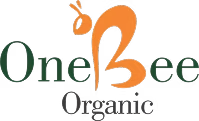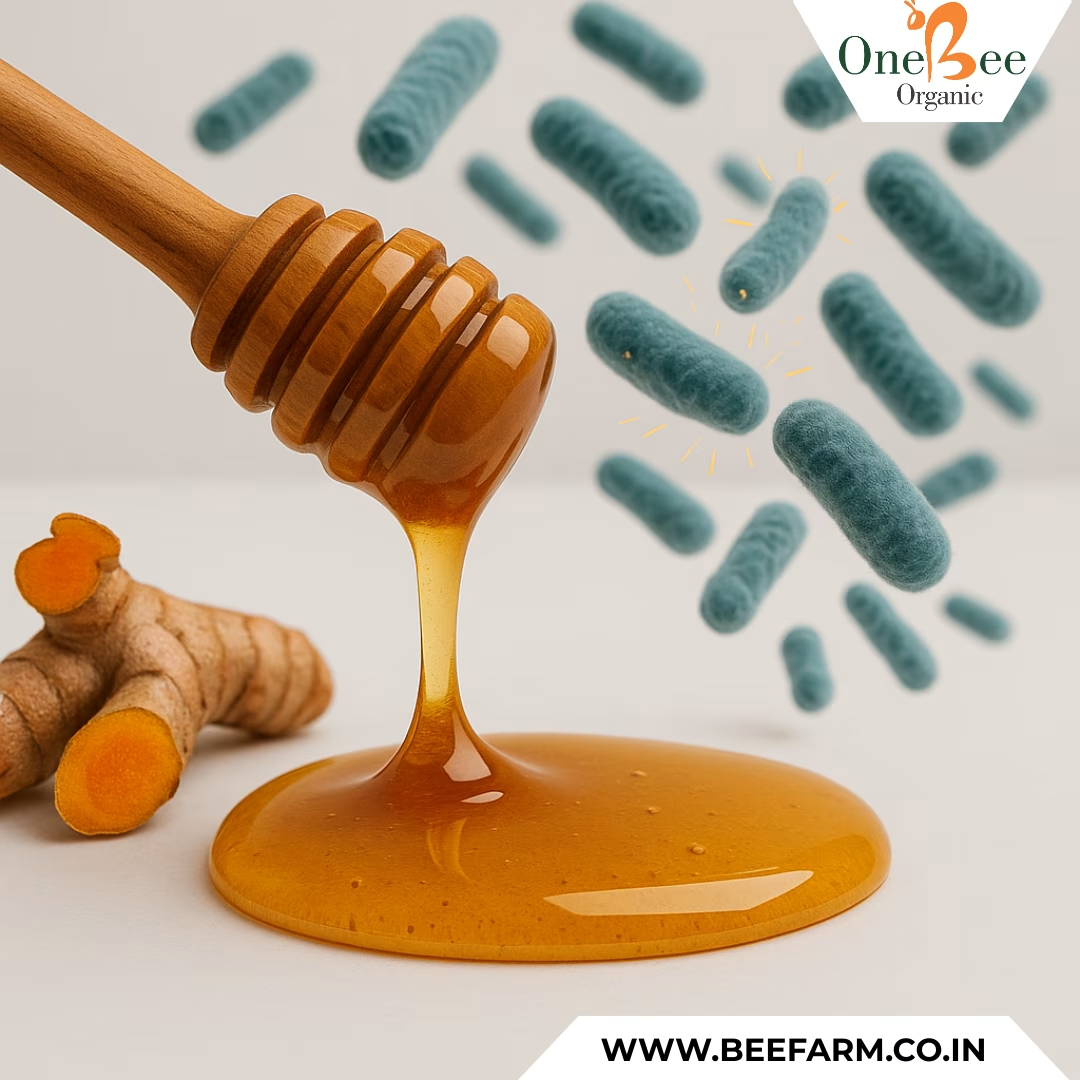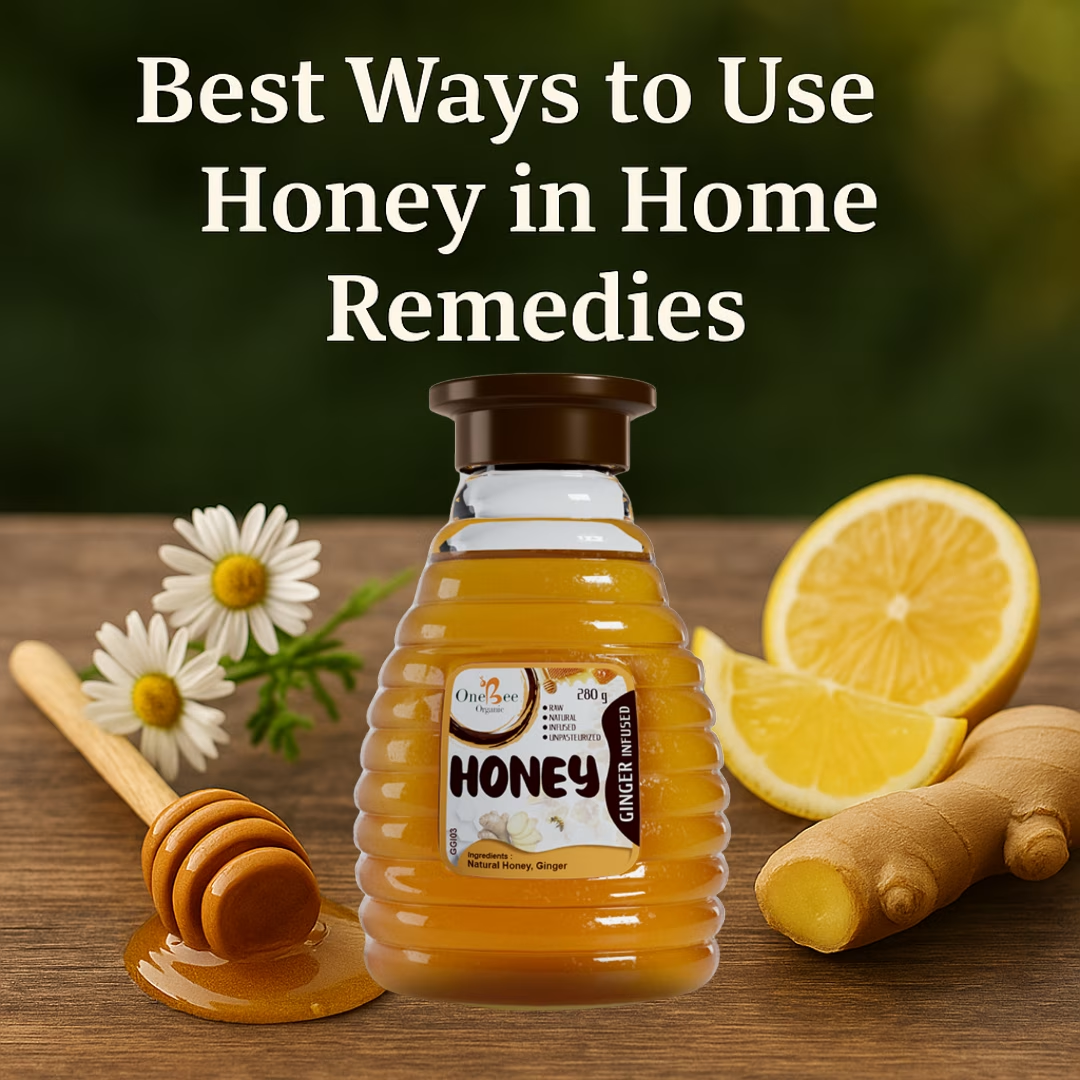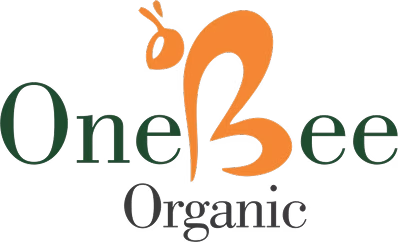Bee Pollen: A Forgotten Superfood Making a Comeback
In the vast world of health foods and natural supplements, bee pollen is once again creating a buzz. Once a prized remedy in ancient cultures and traditional medicine, this nutrient-rich treasure from the hive is making a strong comeback in modern wellness circles—and for good reason.
What Is Bee Pollen?
Bee pollen is a mix of flower pollen, nectar, bee secretions, and enzymes collected by worker bees. It forms tiny granules that serve as a food source for young bees in the hive. But these little golden nuggets aren’t just for bees—they’re loaded with nutrients that can benefit humans too.
Often called “nature’s multivitamin,” bee pollen contains:
- Over 250 biologically active substances
- 20+ amino acids (including all nine essential ones)
- Vitamins A, B-complex, C, D, E, and K
- Minerals like iron, magnesium, calcium, and zinc
- Enzymes, antioxidants, and fatty acids
Why Is It Called a Superfood?
Bee pollen has been used for centuries in various cultures for its medicinal and nutritional properties. From boosting stamina in ancient athletes to supporting immunity in traditional Eastern remedies, it has earned its place as a superfood.
What sets it apart is its complete nutritional profile. It’s rare to find a single natural food that offers protein, carbs, fats, vitamins, and minerals all in one bite-sized form.
Top Health Benefits of Bee Pollen
Here are just a few reasons why bee pollen is becoming a favorite among health-conscious individuals:
- Energy Boost – Bee pollen is rich in carbohydrates and B vitamins, providing a natural energy lift without the crash of caffeine.
- Supports Immunity – With its high antioxidant content, bee pollen helps protect the body against oxidative stress and supports the immune system.
- Allergy Relief – Some believe that consuming small amounts of local bee pollen may help the body build resistance to seasonal allergies.
- Anti-Inflammatory Properties – Studies suggest bee pollen may reduce inflammation, helping with joint pain and skin conditions.
- Digestive Health – It contains enzymes that can assist in the digestive process, improving gut health and nutrient absorption.
- Skin and Hair Health – Rich in amino acids and vitamins, bee pollen may improve skin tone, reduce signs of aging, and promote healthy hair growth.
How to Use Bee Pollen
- Bee pollen is versatile and easy to incorporate into your diet:
- Sprinkle on smoothie bowls, oatmeal, or salads
- Blend into yogurt or protein shakes
- Mix with honey for a natural supplement
- Take it as capsules or granules for convenience
Note: Start with small amounts to ensure there are no allergic reactions, especially if you have pollen or bee-related allergies. Consult a healthcare provider if unsure.
Why Bee Pollen Is Making a Comeback
As people turn away from overly processed foods and artificial supplements, there’s a renewed interest in natural, sustainable wellness products. Bee pollen checks all the boxes—organic, powerful, and produced by nature’s hardest workers.
With more scientific studies backing its benefits and increasing availability in health stores and online, this “forgotten superfood” is finding its way back into kitchens and wellness routines across the globe.
Final Buzz
Bee pollen is more than a trendy health booster—it’s a time-tested superfood with the power to energize your body, support your immune system, and enhance overall well-being. At OneBee, we’re proud to offer ethically sourced, nutrient-rich bee pollen products that let you experience the hive’s magic for yourself.
So go ahead—reconnect with this golden gift from nature and feel the buzz!







Leave A Comment